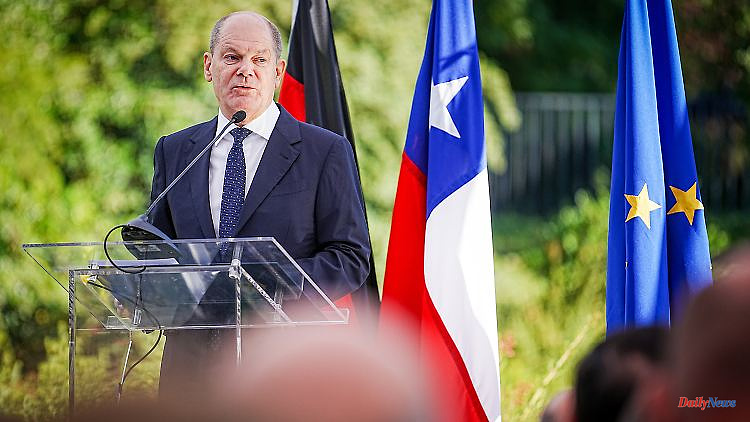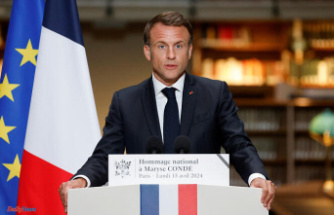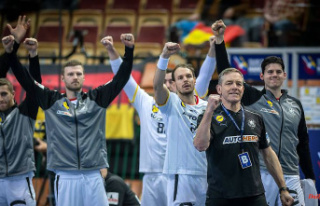During his visit to Chile, Chancellor Scholz is also trying to organize alternatives to the raw material supplier China. Specifically, Germany wants to help with the refining of lithium, but there are also plans to build a more sustainable copper industry.
Chancellor Olaf Scholz has promised Chile help in processing its lithium deposits. "In the global competition of the 21st century, it is not enough to simply transport raw materials - without considering the environment, without reasonable working conditions, without adding value locally," said Scholz, according to the speech transcript at the German-Chilean Economic Forum in Santiago de Chile.
The main aim is to refine the light metal, which is important for high-tech products, in Chile as well. The background is that China has so far imported the raw material lithium from all over the world on a large scale and then exported it again as a refined product. Scholz referred to the necessary environmental and human rights standards, sustainable mining and German help in training specialists. "Because that's the prerequisite for the fact that raw materials can not only be mined here in Chile, but also processed," he emphasized.
Both governments renewed the raw materials partnership. The supply of lithium, which is needed for batteries, for example, or copper, was also a topic of his previous visit to Argentina. "Germany and Europe are very interested in diversifying our supply relationships," stressed the Chancellor, referring to dependencies on China. Chile is a "desirable partner" for Germany.
It became more concrete when the German metals and copper group Aurubis and Chile's state-controlled mining group Codelco signed a joint declaration of intent to build a more sustainable and responsible copper industry. Aurubis CEO Roland Harings said: "The world needs metals like copper to achieve the climate targets and to further develop the industry." In the foreseeable future, primary materials would also be needed for this in order to cover the steadily increasing global demand for copper.
In addition to economic appointments, Scholz's visit to Chile was also about commemorating the victims of the former Colonia Dignidad sect. Scholz and Chile's President Gabriel Boric spoke out in favor of creating a memorial. The idea of erecting a memorial on the site almost 400 kilometers south of the Chilean capital "has the support of our government and we will participate accordingly," said Scholz.
The Colonia Dignidad had developed into a place of horror from 1961 onwards. At that time, the lay preacher Paul Schäfer had moved from Germany to Chile with his followers and founded the "Colony of Dignity" at the foot of the Andes. For decades he allowed cult members to work there without pay, tore families apart and abused children. During the military dictatorship under General Augusto Pinochet, opponents of the regime were tortured and murdered on the 17,000-hectare site.
At the request of the head of state, the chancellor's visit to Chile began with a joint tour of the "Museum of Remembrance and Human Rights", which commemorates the military dictatorship under Pinochet. After their conversation, the two then visited the "White Salon" in the presidential palace, where the socialist President Salvador Allende committed suicide on September 11, 1973, when the putschists stormed the palace.












